#瑞雲
Explore tagged Tumblr posts
Text
1st Place Halloween Contest Illustration by Potie

#project sekai#project sekai colorful stage#hatsune miku colorful stage#pjsk#vivid bad squad#25 ji nightcord de#wonderland x showtime#akito shinonome#shinonome akito#aoyagi toya#toya aoyagi#an shiraishi#shiraishi an#tsukasa tenma#tenma tsukasa#kamishiro rui#rui kamishiro#akiyama mizuki#mizuki akiyama#yoisaki kanade#kanade yoisaki#青柳冬弥#東雲彰人#宵崎奏#暁山瑞希#神代類#天馬司#白石杏
1K notes
·
View notes
Text
As always.

#art#artists on tumblr#fanart#my art#my drawing#drawing#painting#pjsk#pjsk fanart#project sekai#mafuyu asahina#asahina mafuyu#kanade yoisaki#yoisaki kanade#ena shinonome#shinonome ena#mizuki akiyama#akiyama mizuki#朝比奈まふゆ#宵崎奏#東雲絵名#暁山瑞希#ニーゴ#プロセカ#nightcord at 25:00#proseka#n25#niigo
850 notes
·
View notes
Text




holy fuck tumblr loves vehe#melody for some reason (its ok i do too). do you want their 2d models
#project sekai#colorful stage#pjsekai#prsk#proseka#prsk fa#shuffle au#unit swap au#mizuki akiyama#暁山瑞希#rui kamishiro#神代類#akito shinonome#東雲彰人#shiho hinomori#日野森志歩#prsk edit#prsk au#project sekai colorful stage#VEHE♯MELODY#my silly emo band….
270 notes
·
View notes
Text
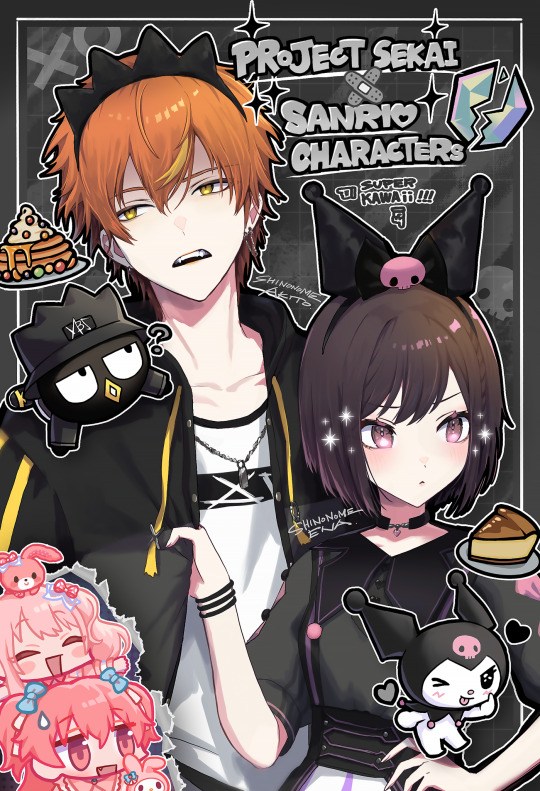
🖤🤍
#prsk#project sekai#proseka#prsk fa#プロジェクトセカイ#プロセカ#東雲彰人#東雲絵名#桃井愛莉#暁山瑞希#クロミ#バッドば��丸#サンリオ#sanrio#akito shinonome#ena shinonome#airi momoi#mizuki akiyama#vbs akito#n25 ena#mmj airi#n25 mizuki#kuromi#badtzmaru#akito project sekai#25ji ena#pjsk akito#ena pjsk#prsk akito#prsk ena
2K notes
·
View notes
Text

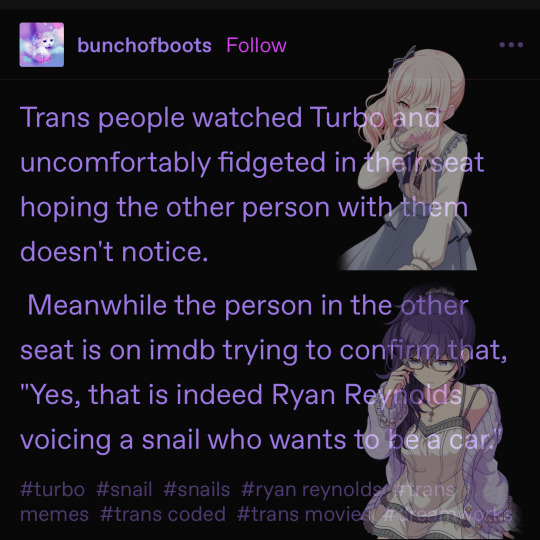
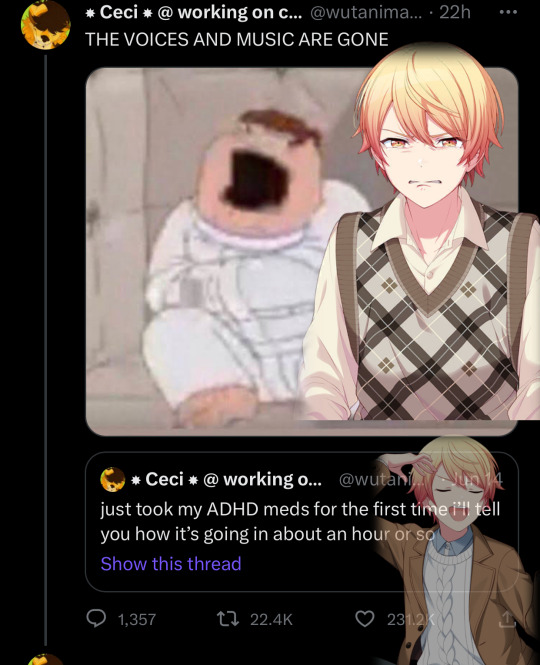
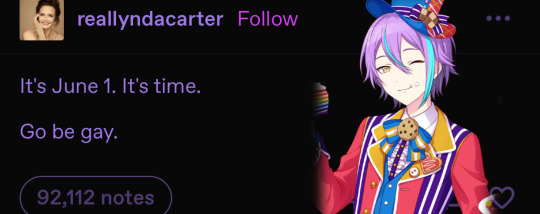
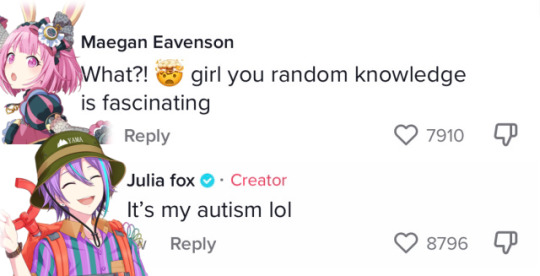
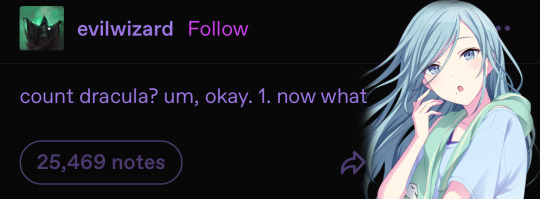


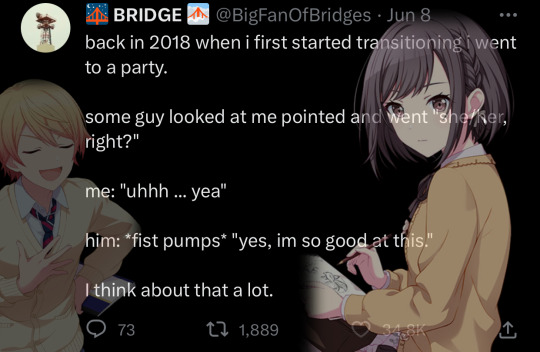
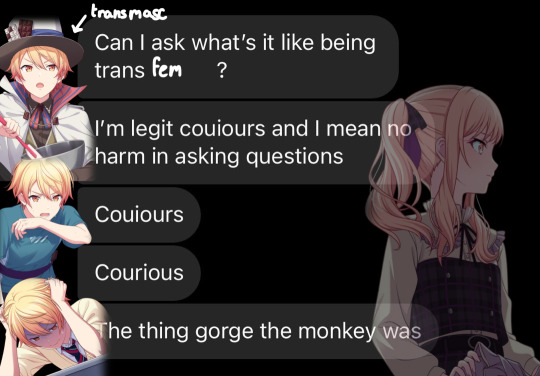
some project sekai text posts i've been making ft. a bunch of trans headcanons
#project sekai#prsk#pjsk#minori hanasato#hanasato minori#花里みのり#mizuki akiyama#akiyama mizuki#暁山瑞希#mafuyu asahina#asahina mafuyu#朝比奈まふゆ#tsukasa tenma#tenma tsukasa#天馬司#rui kamishiro#kamishiro rui#神代類#emu otori#otori emu#emu ootori#ootori emu#鳳えむ#shizuku hinomori#hinomori shizuku#日野森雫#ena shinonome#shinonome ena#東雲絵名#proseka
425 notes
·
View notes
Text
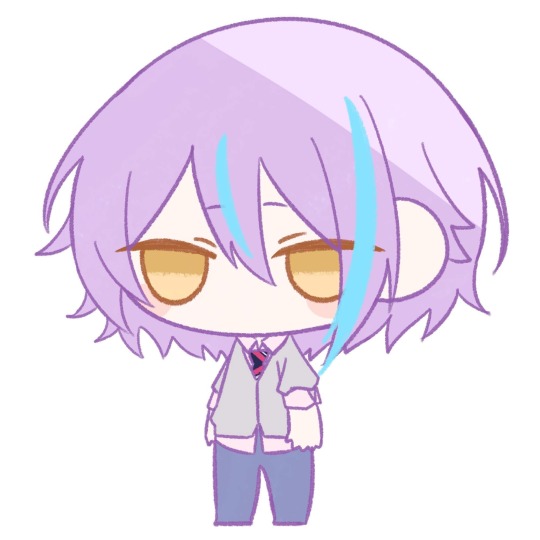

類くん 瑞希ちゃん
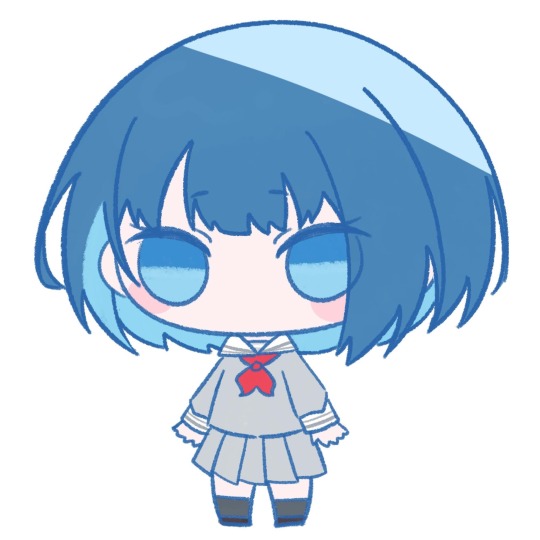


遥ちゃん 愛莉ちゃん 弟くん(?
#art#my art#fanart#pjsk art#prsk#prsk fa#pjsk fanart#pjsk#prsk art#pjsk rui#pjsk mizuki#pjsk haruka#pjsk airi#pjsk akito#prsk rui#prsk mizuki#prsk akito#haruka kiritani#mizuki akiyama#rui kamishiro#akito shinonome#airi momoi#project sekai#プロジェクトセカイ#プロセカ#神代類#東雲彰人#桐谷遥#桃井愛莉#暁山瑞希
116 notes
·
View notes
Text







#lux yappin abt shit#pjsk#project sekai#mizuki akiyama#akito shinonome#ena shinonome#shinonome siblings#暁山瑞稀#東雲絵名#東雲彰人#oh and their sibling in law :3
48 notes
·
View notes
Text
ねぇ, 皆さん! それはナイトコード25時で!!可愛らしいでしょう?

Hey! It's Nightcord @ 25:00! Aren't they the cutest?
This was a test to see how to draw different types of sitting poses in an anime-esque style.
I'm making yall exercise yall's brains for this one!
#Ami Draws~#Ami PJSK#project sekai art#project sekai#pjsk#pjsk art#pjsk fanart#25 ji nightcord de#nightcord at 25:00 art#nightcord mizuki#mizuki nightcord#nightcord at 25:00#nightcord mafuyu#nightcord ena#nightcord kanade#kanade yoisaki#mafuyu asahina#ena shinonome#mizuki akiyama#ナイトコード25時で#25時、ナイトコードで。#25時#プロジェクトセカイ#プロセカイ#宵崎奏#朝比奈まふゆ#東雲絵名#暁山瑞希
36 notes
·
View notes
Text

Some niigo ita bags.
#ita bag#oshi bag#prsk#pjsekai#pjsk#project sekai#mizuki akiyama#akiyama mizuki#shinonome ena#ena shinonome#mafuyu asahina#asahina mafuyu#暁山瑞希#朝比奈まふゆ#東雲絵名#design#my art
26 notes
·
View notes
Text
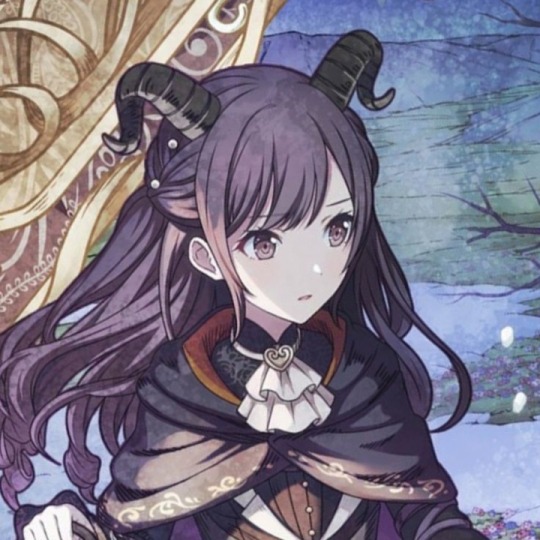
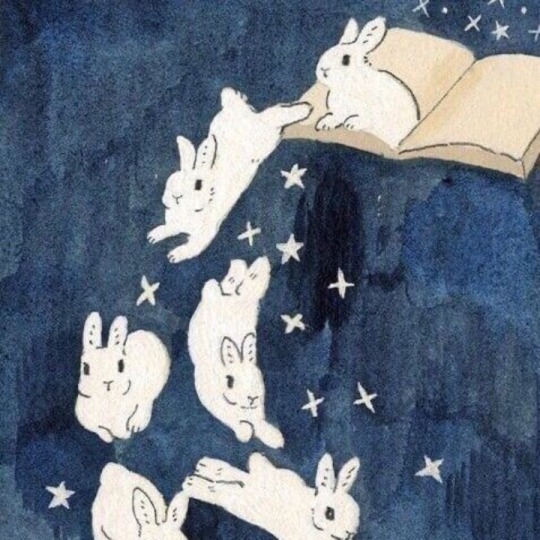
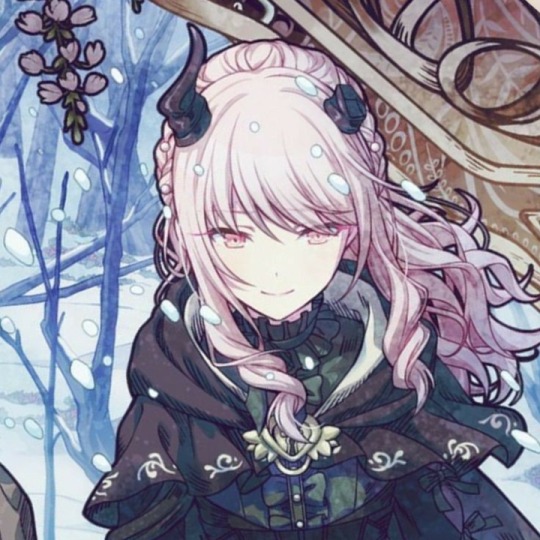
͑ ᯓ ★ ⭑ ✮ ˙



͑ 🦇 ⭑ ✮ ˙
#dont reupload!#pjsk layouts#pjsk moodboards#pjsk aesthetics#mizuki akiyama#ena shinonome#ena shinonome moodboards#ena shinonome layouts#mizuki akiyama moodboards#mizuki akiyama layouts#mizuena#enamizu#my favorite cards.. and i dont have them :3#暁山瑞希#東雲 絵名
31 notes
·
View notes
Text
Welcome to ✨I finally have a break from school and will be using it to speedrun Mizuenatober✨
Prompts will be out of order and some days will be skipped for my sanity. If you see any continuity errors between the two panels no you don’t :)
Prompts/hosted by Kozuwu_ on Instagram
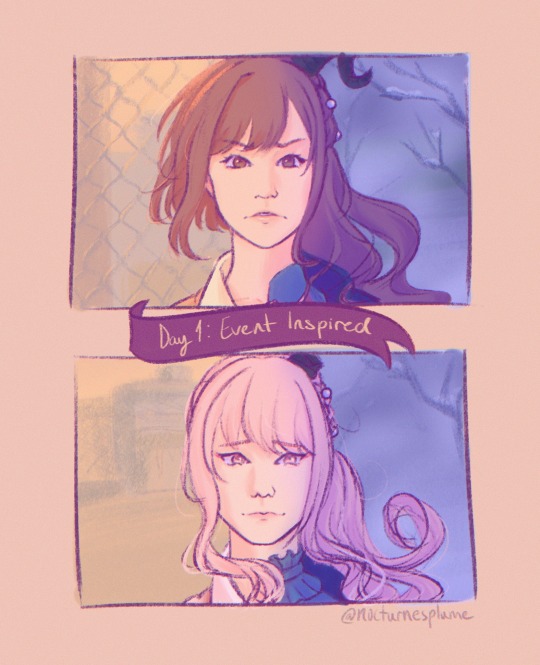

#project sekai#ena shinonome#mizuki akiyama#東雲絵名#暁山瑞希#nightcord at 25:00#25 ji nightcord de#mizuena#mizuenatober#mizuenatober2023#my art
65 notes
·
View notes
Text

vehe#melody be upon ye
#project sekai#colorful stage#pjsekai#prsk#proseka#prsk fa#shuffle au#unit swap au#mizuki akiyama#暁山瑞希#rui kamishiro#神代類#akito shinonome#東雲彰人#shiho hinomori#日野森志歩#VEHE♯MELODY#prsk edit#prsk au
119 notes
·
View notes
Text
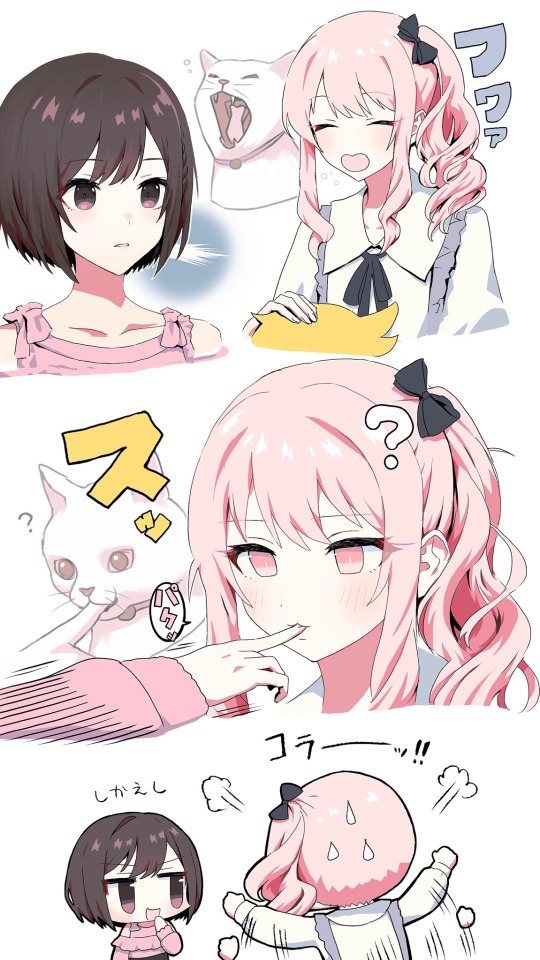
#prsk#project sekai#proseka#prsk fa#プロジェクトセカイ#プロセカ#25時、ナイトコードで。#25 ji nightcord de#nightcord at 25:00#25ji ena#25ji mizuki#ena shinonome#mizuki akiyama#東雲絵名#暁山瑞希
126 notes
·
View notes
Text


瑞雲模様。この柄は特に1点1点、違いが大きい柄ゆきになっております。同じ様に描くのも出来ると思うんですが、楽しい勢いに乗っかって手が動くに任せて雲の柄を描きました。
ピンとくる柄ゆきでサイズが合えば、まさにあなたにご縁あるおしゃれ地下足袋といえるかも(笑
Step into Japan’s Tradition with Style and Comfort!
●11/16、17両日出展
●グループ名「まろなり」おしゃれ地下足袋の環
●ブース番号O-240~241
#デザフェス60 #おしゃれ地下足袋
#designfesta
---
暮らしを��しむ小道具の店 環の店主が、自分のユニフォーム用に製作したのがスタート。足さばきが楽ちんな地下足袋の魅力を広めたく、吉祥柄を絵付け。
「あなたの人生がお祭りモードになりますようにと」と願いを込めて、絵付けしております。
公式HPでの販売は12月から開始予定です。
HPブックマークよろしくお願いします。
3 notes
·
View notes
Text
my theory
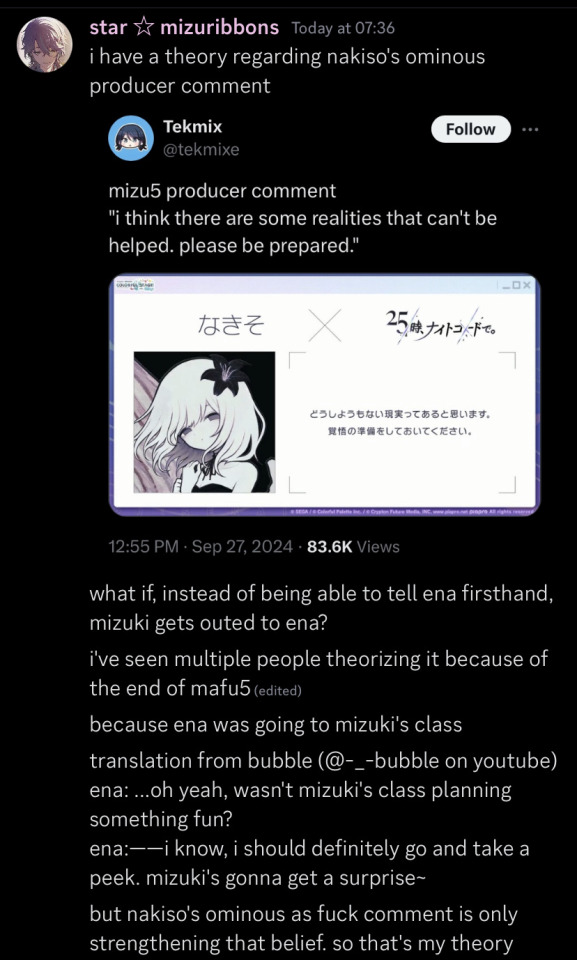
translations mentioned from this video:
youtube
#star's thoughts#project sekai#pjsk#prsk#proseka#prjsk#puroseka#prosekai#pjsekai#pj sekai#prsekai#project sekai colorful stage#colorful stage#hatsune miku colorful stage#hatsune miku: colorful stage#プロジェクトセカイ#プロジェクトセカイ カラフルステージ#プロセカ#mizuki akiyama#akiyama mizuki#暁山瑞希#ena shinonome#shinonome ena#東雲絵名#Youtube
102 notes
·
View notes
Text
息子の友人は、薄茶色のしなやかな革の手提げカバンから、自分が子どもの頃に読んだ、表紙にひな鳥が描かれた絵本を取り出しました。 息子の友人は、この絵本が大好きで、たいせつな友だちとよく一緒に読んだこと、 それからもずっと本が好きで、今は作家になるために、一度この町を離れて大きな街に行こうと考えていることを話しました。
— くすのきしげのり著『すべての愛しきLifeへ』(2024年11月、瑞雲舎)
0 notes